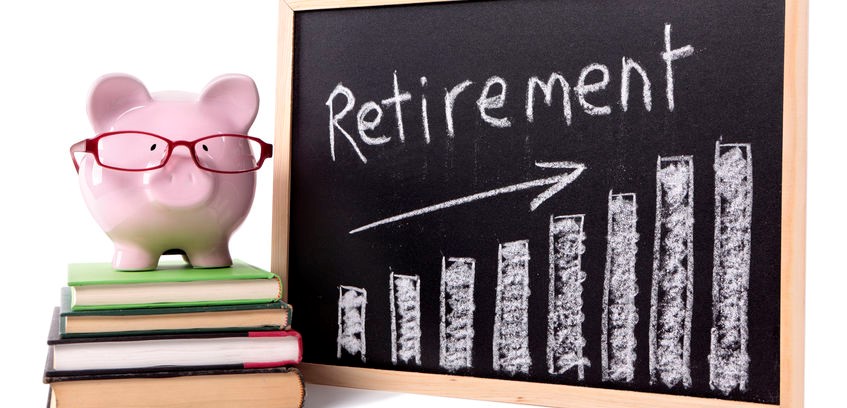People across the United States are retiring at a much later age than ever before and we cannot deny that lingering effects of the recession are playing a role in this new trend.
By Pam McDonald
Shep Roylance, Senior Vice President of JCH Consulting Group, a full-service real estate brokerage company and Senior Housing Forum partner, noted that more than 740,000 California residents over the age of 65 are employed or in the process of looking for a job. He says, “People across the United States are retiring at a much later age than ever before.”
He points out that for some working past the age of 65 is actually the choice of a large percentage of our senior population as they are healthier and living longer than in the past. But, he notes, “We cannot deny that lingering effects of the recession are playing a role in this new trend. Baby Boomers are getting less Social Security than their parents and moving into a retirement facility is costly, making the decision to retire a challenging one.
Retirement Facts and Figures
Shep says, “Time was turning 65 meant you could hang up your hat and blissfully transition into retirement. However, this is no longer a guarantee. In California, specifically, 20% of residents between the age of 65 and 74 are still working.
“Some simply don’t have the capital to retire,” he said, “or are waiting to draw from their Social Security. Whereas others are opting to stay employed because they enjoy their job and are more than capable of continuing to work.”
He points to a few additional statistics regarding seniors and retirement:
-
27% of Americans say they will work “as long as possible”
-
36% of Americans over 65 are choosing to work because they like their job
-
The majority of California’s working seniors are holding jobs as college professors, CEOs, and doctors
Seniors over 65 living in the Bay Area and metro Los Angeles are most likely to work the longest.
Contributing Factors
Shep points to numerous factors contributing to this trend of working past the age of 65. He says, “Over the years Americans as a whole have become healthier and more aware of what we can do to live longer. This coupled with the fact that many are opting for unconventional jobs or are not in a financial place to retire means that we will continue to see people working well into their 60s, 70s, and beyond.
What Does This Mean for Senior Housing?
Over the last several months Shep has been sharing information about changing trends in retirement and senior housing, such as the introduction of technology and moves to adjust to new realities by skilled nursing facilities. He says, “It is no longer as common as it once was for seniors to automatically enter an assisted living facility upon hitting a certain age. This is one of the main reasons we are seeing nursing homes make updates that are in line with the demands of today’s potential residents.
To learn more about the changing face of senior housing or SNFs, please contact Shep at (805) 633-4649 or visit his website for more information and see current featured listings by clicking on the button below:
Click on the button below to download a PDF copy of this article:










